IOS organises International Conference on “Power of Good in Changing Global Scenario”
.jpg)
IOS organises International Conference on “Power of Good in Changing Global Scenario”
New Delhi: A one-day online International conference on “Power of Good in Changing Global Scenario” was organised by the Institute of Objective Studies on September 17, 2022.
Inaugural Session
Conducted by Shaikh Nizamuddin, a social activist from Sholapur, the inaugural session was initiated with the recitation of a verse from the Holy Qur’an by Maulana Athar Hussain Nadwi of the Urdu section of the IOS.
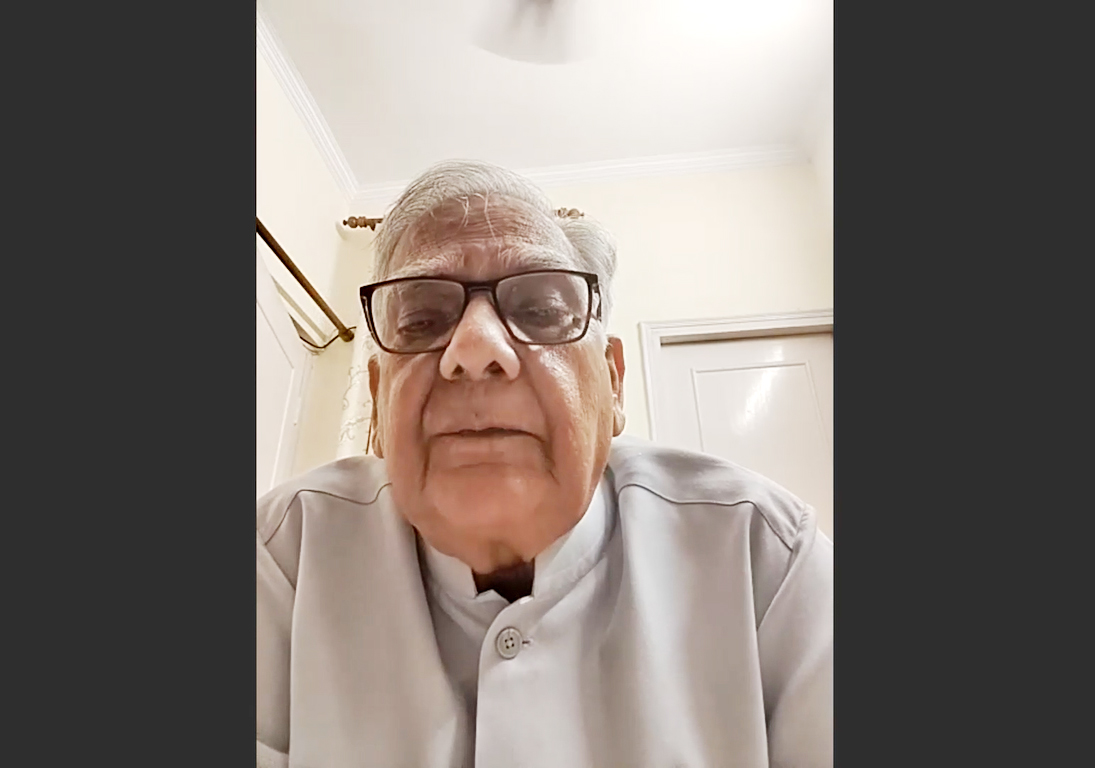
In his welcome address, Prof. Z.M. Khan, Secretary General, IOS, observed that the current global scenario was very disturbing, and it was the power of good that could address the problems facing humanity. Islam has the power to create a world order that could restore the lost values, he remarked. Referring to the activities of the IOS, he noted that the area of its operation was spreading. The IOS was engaged in promoting research, conducting surveys on relevant themes, and publishing books and journals in areas of national concern and pressing challenges of civil society. He said that at the IOS, research scholars were invited to send their proposals for approval. Proposals passed through academic committees that formally assessed them and took a final decision. The Institute had certain permanent and regular publications. Publication was a big area in which the IOS was working. More than 400 titles had so far been published in English, Urdu and Hindi. Regular publications include the IOS Newsletter, Mutalea’at and the journal of the IOS. Besides, IOS Minaret was an online magazine of viewpoints. Translation of books in different languages was another area in which the Institute stepped in a big way. Several books published by the International Institute of Islamic Thought (IIIT) had been translated into important Indian languages. He observed that organising national and international conferences, seminars, and symposia was a regular feature. In order to acquaint the young scholars with latest research, winter and summer schools were organised in collaboration with other universities and institutions. Two awards, namely, the Shah Waliullah Award and Lifetime Achievement Award, had been instituted to recognize the contribution of scholars and other personalities to various fields. Scholarships were also awarded to deserving students pursuing higher courses in humanities and social sciences. The IOS always focused on topical themes like the empowerment of Muslims and the contribution of common people to India’s freedom struggle. The Institute also got the IIIT books reviewed by prominent scholars. The IOS had a rich data bank which regularly generated data on various issues. He added that the Institute had a good library of its own, and efforts were made to connect it with other libraries in India and abroad.
.jpg)
Inaugurating the conference, Prof. Omar Hasan Kasule, Secretary General, International Institute of Islamic Thought (IIIT), USA, stressed the need for peace. Expressing his happiness over the selection of the theme, he said that good meant peace. He related Salah to peace and held that the Qur’an assured that peace would ultimately triumph. The world was witnessing a lot of suffering, but it would vanish with the triumph of good. Referring to the epistemology of history, he said that Allah asked Prophet Adam to stay in the garden of Heaven, but Satan confused him. This was the conflict between good and bad, but eventually, good triumphed over bad. Similarly, so was the history of Moses and Pharaoh, he added.
Prof. Kasule observed that while Pharaoh was played out because he stood for bad, Prophet Moses triumphed because he embraced the virtue of good. In history, there were plenty of such incidents to show how rational people always stood by good. Citing another example, he said that there was the virtue of good in Prophet Yusuf, which made him triumphant. In the Qur’anic narrative, illustrations of the fight between good and ego abounded. Coming down heavily upon the media for exaggeration and sensitisation of incidents, he noted that it aroused people. Good might or might not be seen; it should always be discovered. We should look for the good in everything. One needed to work at the individual level and be rational. He also called for educating good to young people. Then ego would disappear from society, and good would prevail. He laid emphasis on the epistemological approach to history.
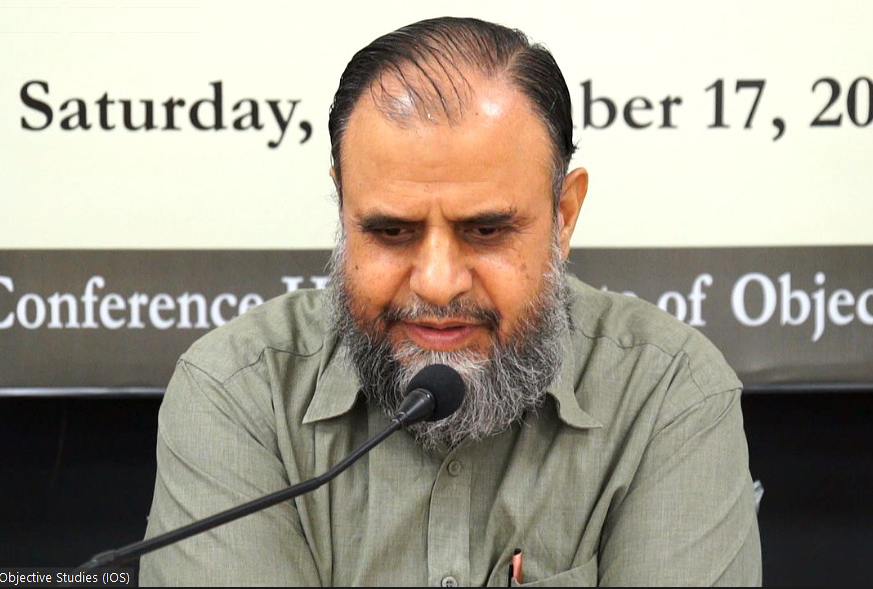
In his keynote address, Prof. M. Afzal Wani, Pro-Vice Chancellor, IILM University, Greater Noida and Vice-Chairman, IOS, held that things were not as simple as they looked. Truth should be modulated and looked into the upright way. It was the consequence that helped do action. Illustrating his point, he said that when you see a child around her mother, there is always a smile on the face of the child. The virtue of good gave power, energy and stimulus. It was good for humanity and the cosmos. Non-good resulted in oppression and the denial of humanity, childhood, fatherhood, respect, etc. All the things should be examined in terms of consequences. It should be measured in terms of good. He asked for having truthful democracy, appreciating the power of good and being on its side. Public opinion should also be in favour of good. He said that a legal system of good for the people in the world had been created.
Prof. Wani said that there should be power to identify the attribute of good. One had to explore good and enjoy the fruits of good. There should be collective good for ensuring local and global harmony. He stressed the need for seeing things from the correct perspective. There was a prevalence of hunger and poverty all around. He regretted that alleviation of poverty programmes were launched every 10 years, but they failed to cut much ice because of policy paralysis. He called upon the people to appreciate the good and take a vow to eradicate poverty. He said that greed had destabilized governance and the governing system. If the people gave good education to their wards they would become the best citizens of the world. Equality was good because it empowered people. He called for identifying the truthfulness of what was good.
Prof. Wani observed that the good behind every action should be seen. He cited the example of Buddha, who left his palace in search of the good. It was good by which he stood. History taught humankind to be on the side of good. This meant that there should be harmony in society. The Prophet of Islam (PBUH) was on the side of good and truth. He was the best for humanity because he stood for good. He quoted the Prophet who said that a fair-skinned person was not superior to a black-skinned. The best of things was the best of understanding. The creation of knowledge should be for the benefit of society and the sustenance of the universe. Distinguishing between good and evil was necessary to choose the right path. He concluded by commenting that one should understand the power of good and the power of truth.
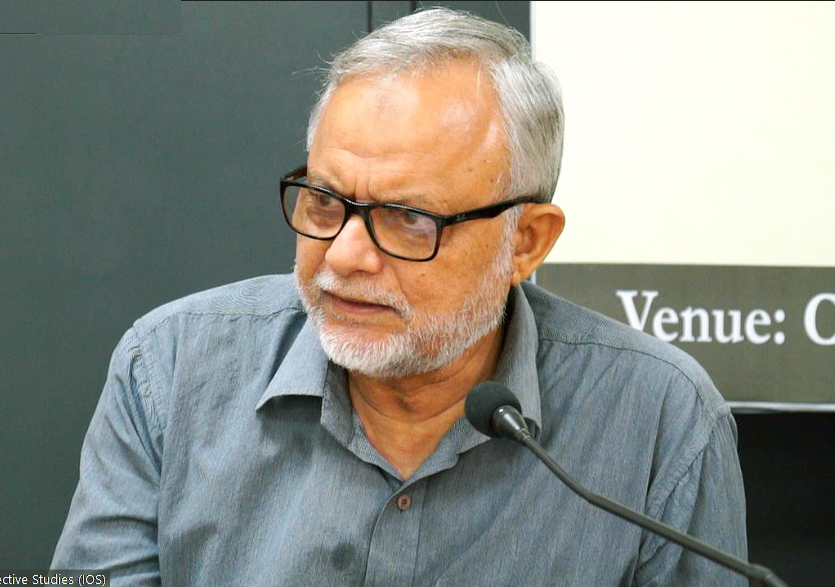
Prof. M. Ishaque, Department of Islamic Studies, Jamia Millia Islamia, New Delhi, summed up the proceedings of the inaugural session and proposed a vote of thanks.
Technical Session-I
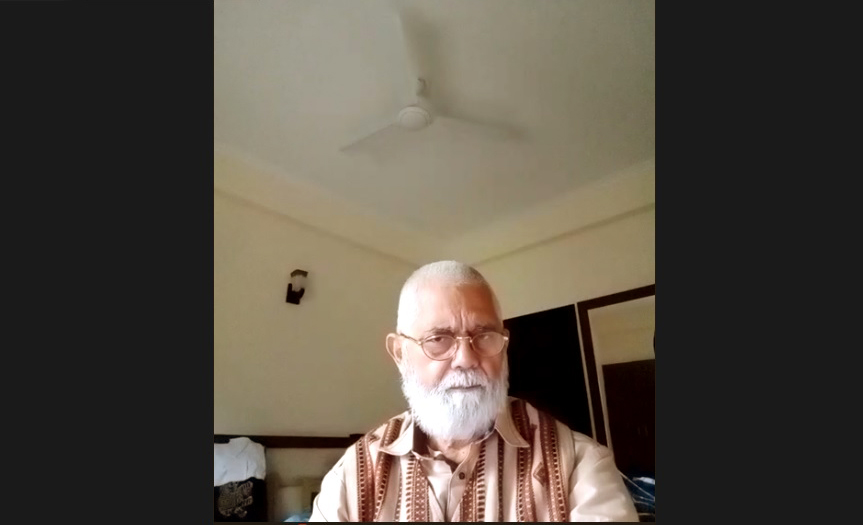
Presided over by Prof. Syed Jamaluddin, Director, IOS Centre for Historical and Civilisational Studies, the first technical session was moderated by the principal of Jibreel International School Kolkata, A. Basit Ismail.
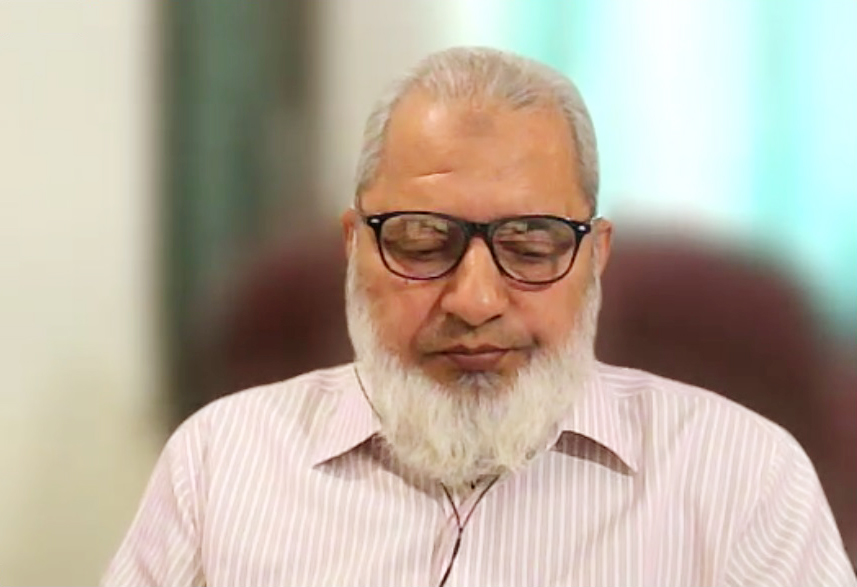
The first speaker of the session was Prof. Shamim A. Ansari, Dept. of Psychology, Aligarh Muslim University, who focused on “Power of Good for Goodness of Enhancing Sustainability of Inter-Personal Relationships”. He said that good was always good. Referring to the Greek concept called hedonism, he noted that the man was basically good. All human relations were based on power. Influence and compulsions of power had a cascading effect on goodness. He observed that if one did good to others, he would receive the same from them. The power of good had effects of positivity in individuals. Smiling face of people always had positive effects and influenced others. Human qualities were very good and they should be imbibed. Loyalty formed an important element of goodness. Besides, piousness that implied speaking truth was equally important. Humanity, compassion, love, peace, courage and openness were also constituted. Goodness, he added. Prof. M. Ishaque observed that according to the Prophet (PBUH), good was beautiful and the beautiful was good. He said that good and bad things were for the test only. There were trees of good and evil. Good had its provision. He called for return to the divine directions in the present global scenario. He counseled that one must keep himself patient.
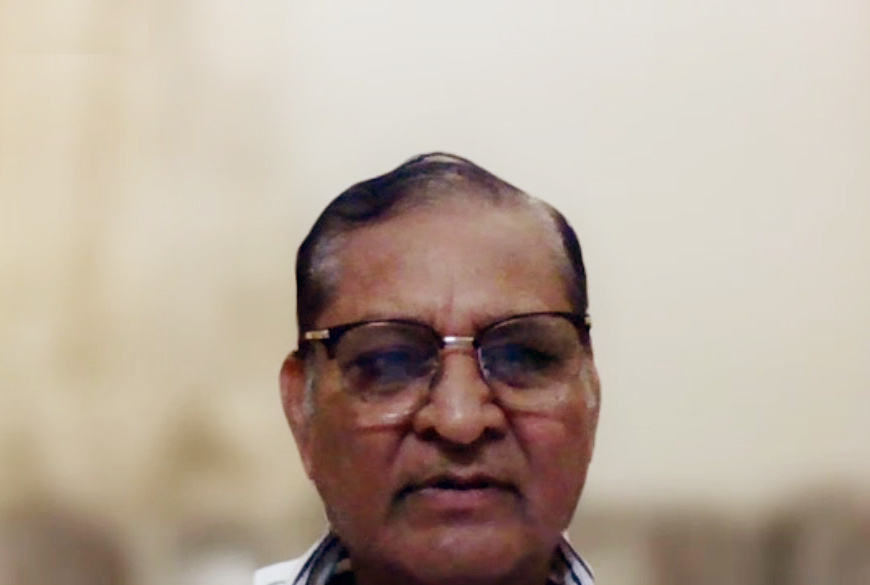
Prof. Akbar Hussain, Department of Psychology, AMU, spoke on “Power of Good Behaviour to Attain the Goal of Humanness”. He said that the Prophet (PBUH) emphasized the importance of good. All people should strive for good things. He observed that what was beautiful was good and what was good was beautiful. Allah likes those who are good and knows who are good. Allah likes those who excel in doing good. Allah also likes those who are good in their deeds. Modesty did not convey anything but goodness. There was a relationship between good behaviour and character. Akhlaq was the soul of the character since there were good and bad akhlaq. He pointed out that doing good would bring rewards 10 times more. Good was an attribute of humanity. One should be good and generous to everyone, he added. Prof. Hendry Tanjung, Vice-Director, Postgraduate School, Ibn Khaldun University Bogor, Indonesia focused on “Responsible Role to be Played by National Government and International Agencies for Attaining Sustainable Social Order and Development for All”. Defining Waqf, he said that it was Sadqaa-e-Jaariah. Waqf had played a significant role in the world for both Muslims and non-Muslims. Waqf was embedded in a Muslim society. He noted that cash Waqf had become increasingly popular. Cash Waqf in Indonesia had been recognised by a Fatwa dated May 11, 2002. He continued that there were 17 goals of sustainable development. He enumerated all of them. He held that Waqf had played a positive role in India to feed the hungry and provide water to the thirsty. Waqf was also doing a very good job in Indonesia. He was followed by Dr. John Dayal, Human Rights and Christian Political Activist, Delhi, who called for walking together and helping together. Referring to the tragedies and other incidents in other parts of the world, he said that the post-war economic power was in shambles. Secularism was on the run, and democracy was dangling. He said that ultra-nationalism was now a global phenomenon. He expressed his willingness to work with the IOS. He emphasised the need for working together. He said that Rajdharma in India should be to see everyone with the same eye.
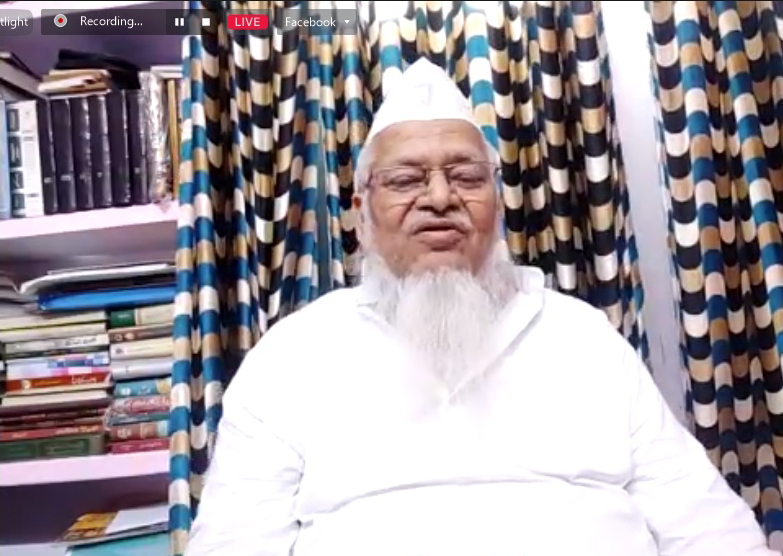
The next speaker was Maulana Atiq Ahmad Bastavi, Secretary, All India Muslim Personal Law Board. He said the world was undergoing a change, but it should be good and beneficial for humankind. Expressing concerns over the grouping together of evil forces, he regretted that those who stood for good were badly divided. Islam stood for the entire humanity and Muslims and had been ordained with greater responsibility as Khair-e-Ummat. One of the duties of the Ummah was to spread the message of virtue and abhorrence for vice. He said that efforts should be made to ensure justice for those who suffered due to one reason or the other. Everyone should get his due without hindrance. He suggested that the good people of every community should be approached to seek their cooperation in the spread of peace, order and goodwill. He called upon non-governmental organisations to activate such groups as could work for the welfare and development of the country. The IOS and other such organisations should come forward and chalk out a plan for promoting mutual love and brotherhood, he concluded.
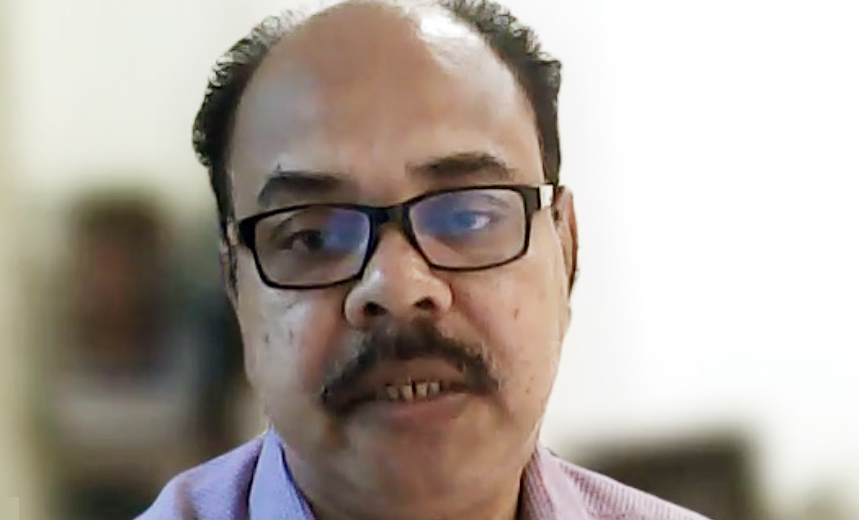
Prof. Shuja Shakir, Department of Political Science, Babasaheb Ambedkar Marathwada University, Pune, observed that today’s challenges had moral dimensions. Moral issues were there and had not seen solutions. Today, society was morally weak leading to the deficit of the ideas of freedom, justice and equality. Morality in public life was missing. In order to keep the society bound by ethical values Prophets and great men always pleaded for cherishing a high moral order, he added. Professor Samir Qasim Fakhro, UNESCO Consultant, Bahrain, focused on “The Good, the Bad and the Ugly”. In his message read out by Prof. M. Ishaque, he said that the power of the good was only meaningful when associated with ethnically disciplined human beings who ventured out, acted or pro-acted based on the governing universal laws laid out by the creator of this universe and had to be followed in detail by the people He created. He observed that being an optimist yet realist, he had based his narrative on the conclusive findings of a few world strategists and futurists who were also close to the decision-making circles in the West. Their findings coincided with the existing ground realities and the most likely events expected in the near future. He recommended that one should keep the findings and warnings in mind during the coming few years and review them every six months to check their evolving validating or falsehood.
Another activist, VB Rawat, held that India was a multicultural society. With a view to cementing cultural bonds among different communities, constitutionalism should be strictly followed and practiced. He said that one must have the courage to speak the truth and stand up to falsehood and propaganda. Emphasising the urgent need for initiating dialogue with the representatives of different faiths, he opined that courage should be displayed to condemn the wrongs done in the past. He asked for apologizing for the dark chapters of the past and learning from them. Religion and religious persuasion should be a very personal matter, he contended.
The first technical ended with the summing up of the proceedings by Prof. Syed Jamaluddin.
Technical Session II
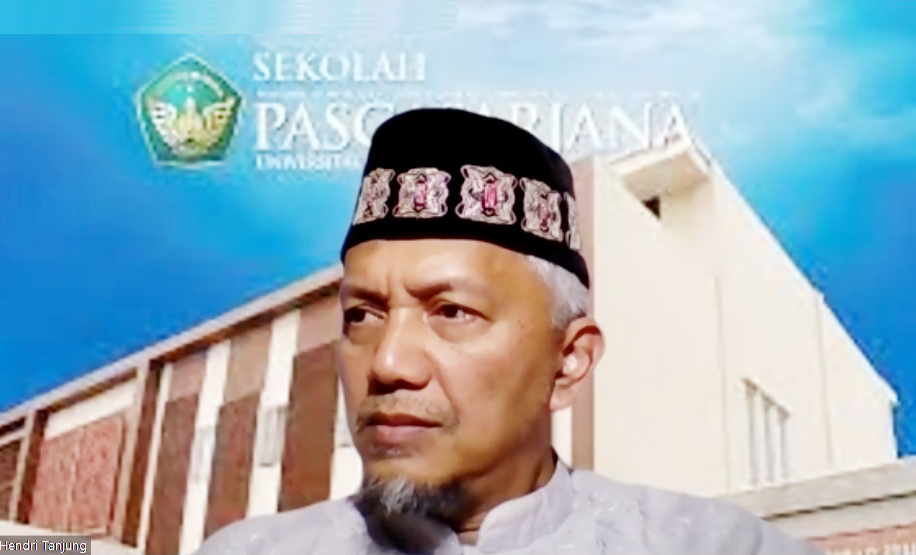
Chaired by Prof. Hendry Tanjung, the second technical session was moderated by Shaikh Nizamuddin.
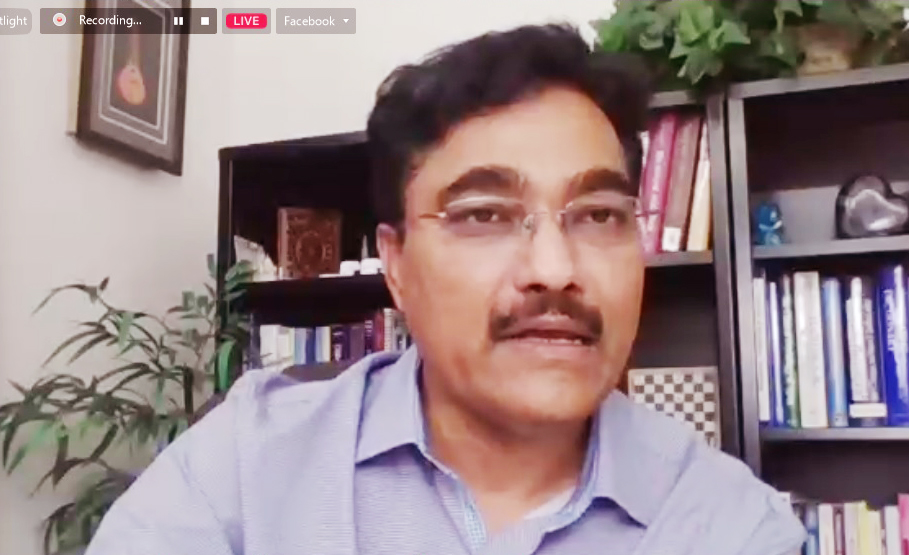
The first speaker of the session was Dr. Syed Ashraf Imam, a Licensed Clinical Psychologist in the state of California who centered his presentation on “Positive Change through the Power of Empathy & Conditional Positive”. He said that human life was a two-way street. He called for following the guidance of human relations. He asked to empathise with the condition of others or the behaviour of a person. He was followed by Prof. Syed Jamaluddin who observed that Allah loves good doers, and acts of goodness were recognized by Allah. He said that good and evil existed since time immemorial. Good doers would be rewarded by Allah. One should believe in God, His Angles and the Day of Judgement. God could never be unjust. One should try to be of a good moral character in public as well as in private. One should also be good to others regardless of what they did. He said that believers were always positive. He referred to several motivational Ahadis. Allah is compassionate, kind and merciful, he added. The third speaker was Prof. Amita Valmiki, Head, Deptt. of Philosophy, R. J. College of Arts, Science and Commerce, Mumbai. In her presentation, she referred to the Bhakti and Sufi way of goodness by quoting Kabir, Meera, Buddha and the modern time philosopher Bertrand Russell. Bhakti and Sufism embodied theistic mysticism. She also quoted Swami Vivekananda who opined that religion taught goodness. The Bhakti movement played an important role in promoting good in society. The self or the ego was annihilated gradually in the process of realization. She noted that Guru Nanak Dev said, “Those who have loved are those who have found God.”
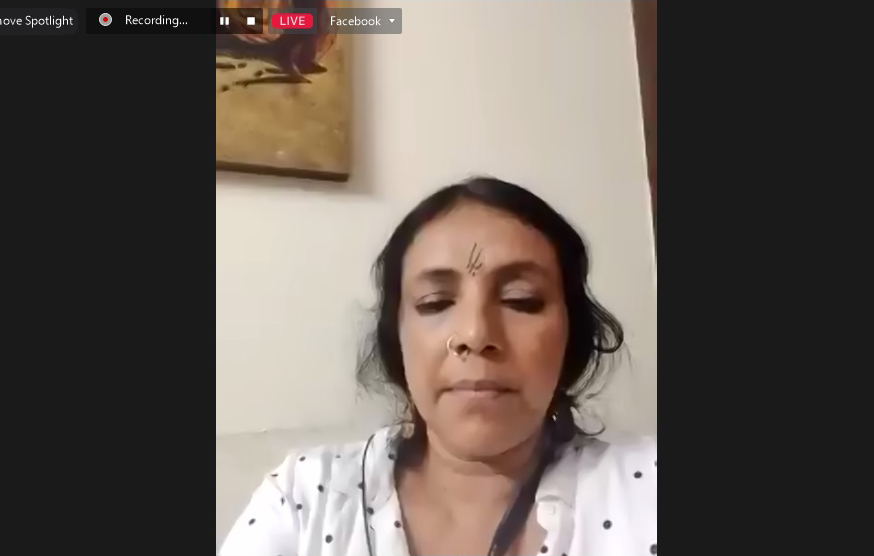
Independent journalist and writer Bhasha Singh held that hatred could be challenged by collective efforts. Everyone had to stand against wrong and stand for humanity. One should speak the truth to their inner-selves. All the humane and just people were co-travellers and should stand together. “Fascist forces are at our doorsteps and we should accept their challenges”, she said. Dr. Nirwan Syafrin, Senior Lecturer, Ibn Khaldun University Bogor, Indonesia, focused on “Qur’anic and Prophetic Teachings on Promoting Global Peace”. There was no doubt that religion was one of the fundamental elements that intrinsically inhered in every human being. He said that Islam was the religion of peace, and it preached harmony and peace. Muslims constituted 20 percent of the world's population, but Muslim countries were involved in civil war. There are 49 Muslim countries, but peace eluded in several of them because of conflicts. Islamic principles called for creating congeal environment for peaceful living. Referring to the objectives of Shariah, he said that providing goodness was one of them. The Holy Qur’an categorically condemned any form of destructive acts. Islamic principles should be applied to deal with the people of other faiths, he pointed out.
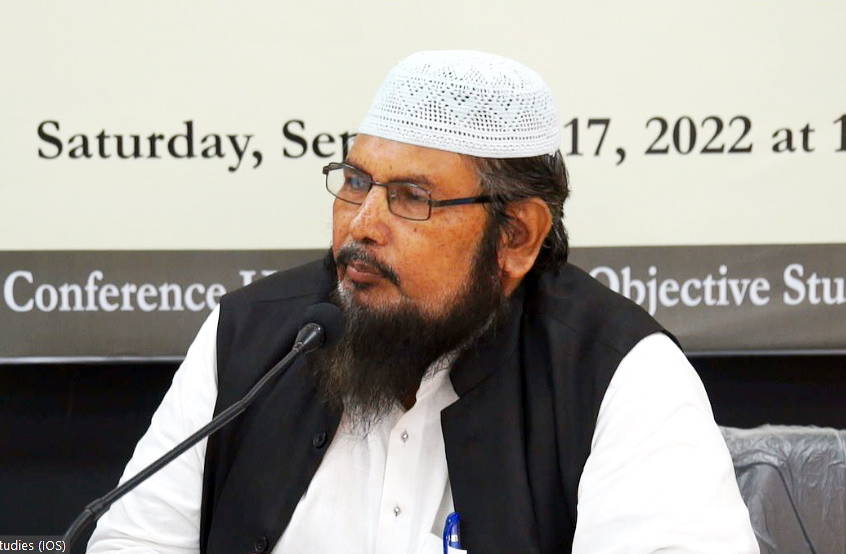
The last speaker of the session was Maulana Abdul Hameed Noumani, General Secretary of the All India Muslim Majlis Mushawarat, New Delhi. He called for creating alternatives to prevent ills from prevailing in society. He said that the path that the Qur’an showed the believers must be followed. There should be a distinction between Halal and Haram. If one wanted to get rewarded, he must connect with Allah. He said that socially, the scope of khair was very wide. In the Indian context, it was Dharmshastra that guided Raj Dharm. He noted that truth, welfare and piety would have to be seen from an international perspective.
Valedictory Session
Conducting the valedictory session, Prof. M. Afzal Wani observed that goodness would have to be seen in political, social, religious and moral contexts. The distinction between good and bad would have to be made. It was humane and needed to be addressed in the same way. There was no difficulty in identifying the truth. He said that there should be an administrative code of ethics and international code of medical ethics.
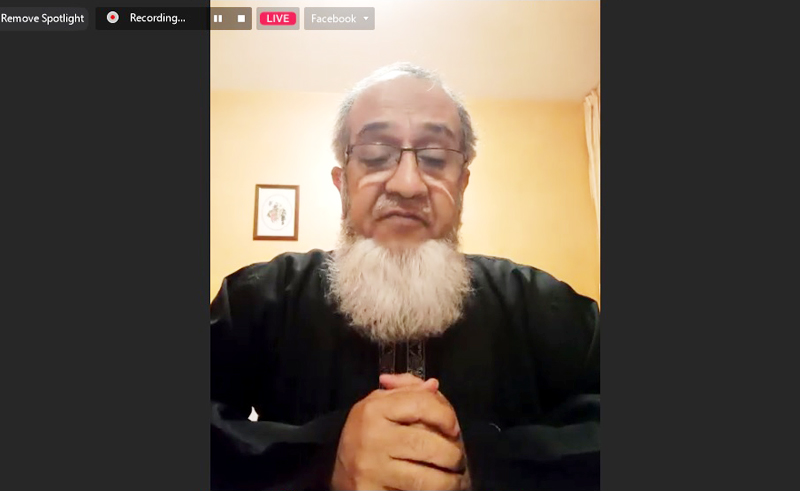
Addressing the session as the guest speaker, Mr. Mamoon Al Azmi, Head, Community Development Programme, IIIT, USA, said that the darkness was poverty and deprivation. The power of good was clearly demonstrated in the Qur’an and Hadith. Only good could create good. Justice should be done because it was the way of Taqwa. It was evil versus good. He held that the one who spoke the truth could not lie, adding that forgiving was the power of good. He suggested that one should start with himself as an individual and then progress to promote good and pacify others. People should be mobilized for good things, he emphasized.
The message of the chairman, IOS Dr. M. Manzoor Alam, who was supposed to preside over the session but could make it, was read out by Prof. M. Ishaque. In his message, Dr. Alam said, “Each day, we make decisions as per our beliefs and values. Sometimes, the decision is easy to make, but many times, we are faced with predicaments to make a choice. The choices made by us are depended on economic, cultural, social, political, religious and other factors, and these choices, at the end of the day, reflect our identities that are also shaped by these factors. The ideologies and the set of rules one grows up with also play an equal part in our decision-making.”
“One could argue that it becomes challenging to carry the virtue of goodness in the current global changing scenario. In recent times, the world experienced a humanitarian crisis followed by the fall of other components that run our society.
Unfortunately, we live in a world which is so full of disapproval and hatred against certain communities, races, classes, castes, genders, etc.; the world is a witness to social evils, like racial supremacy, class hierarchy, gender disparity, religious hate crimes, etc. In such circumstances, we ought to be more responsible for the holistic development of society and desire a life sans vileness and inequality. Imagine living in a world that emphasized making our lives better and also full of love, empathy and respect for others. This should be our goal in the long run on both individual and community levels.”
A three-point resolution, moved by Prof. M. Afzal Wani, was unanimously adopted by the attendees.
The resolution read: A one-day International conference on “Power of Good in Changing Global Scenario”, held on September 17, 2022, via Zoom, has been successfully concluded in which researchers, academics, activists, and journalists from India and abroad participated, and the following resolutions were presented and adopted:
- The Regulatory bodies of education across the globe are urged to include in the courses of study the content enabling an understanding of ‘good’ and its ‘power’ to create a better humane world.
- Institutions of politics, economy and society should strive for directing their planning and action in the direction of achieving good for all and facilitating the working of all people in creating a better political, economic and social order in the world.
- All the countries across the world are to be stressed upon to cooperate and give a good shape to inter-country relations to cooperate in harmonious development and prevent and mitigate the horrors of war and disasters together.
In the end, Prof. Syed Jamaluddin extended a vote of thanks to all participants.
Go Back